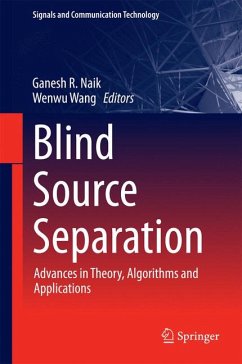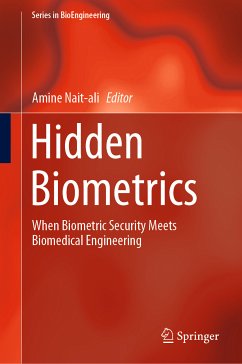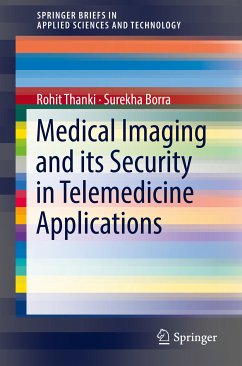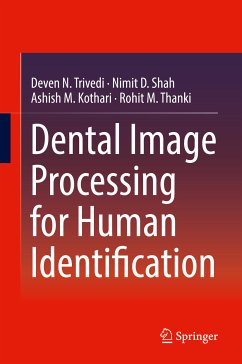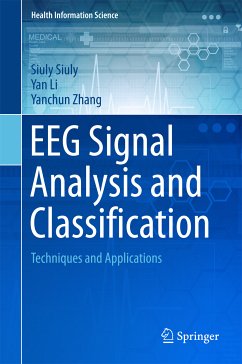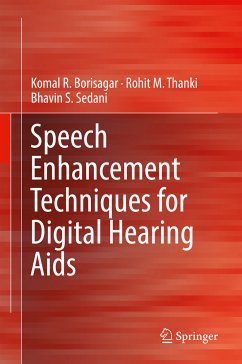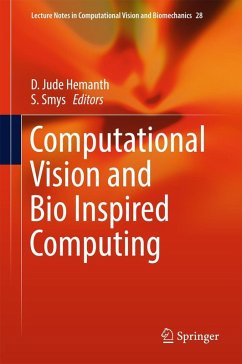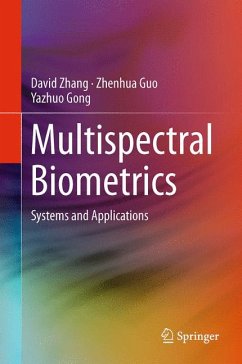
Advances in Principal Component Analysis (eBook, PDF)
Research and Development
Redaktion: Naik, Ganesh R.
Versandkostenfrei!
Sofort per Download lieferbar
88,95 €
inkl. MwSt.
Weitere Ausgaben:

PAYBACK Punkte
44 °P sammeln!
Covers the latest, cutting-edge topics in PCA, with a focus on open problems
Balances theory and applications, with concrete examples
Offers in-depth analysis of PCA topics simply not covered anywhere else
Includes the most advanced and popular areas of PCA, offering a broad and comprehensive description of all the core principles
Balances theory and applications, with concrete examples
Offers in-depth analysis of PCA topics simply not covered anywhere else
Includes the most advanced and popular areas of PCA, offering a broad and comprehensive description of all the core principles
Dieser Download kann aus rechtlichen Gründen nur mit Rechnungsadresse in A, B, BG, CY, CZ, D, DK, EW, E, FIN, F, GR, HR, H, IRL, I, LT, L, LR, M, NL, PL, P, R, S, SLO, SK ausgeliefert werden.




